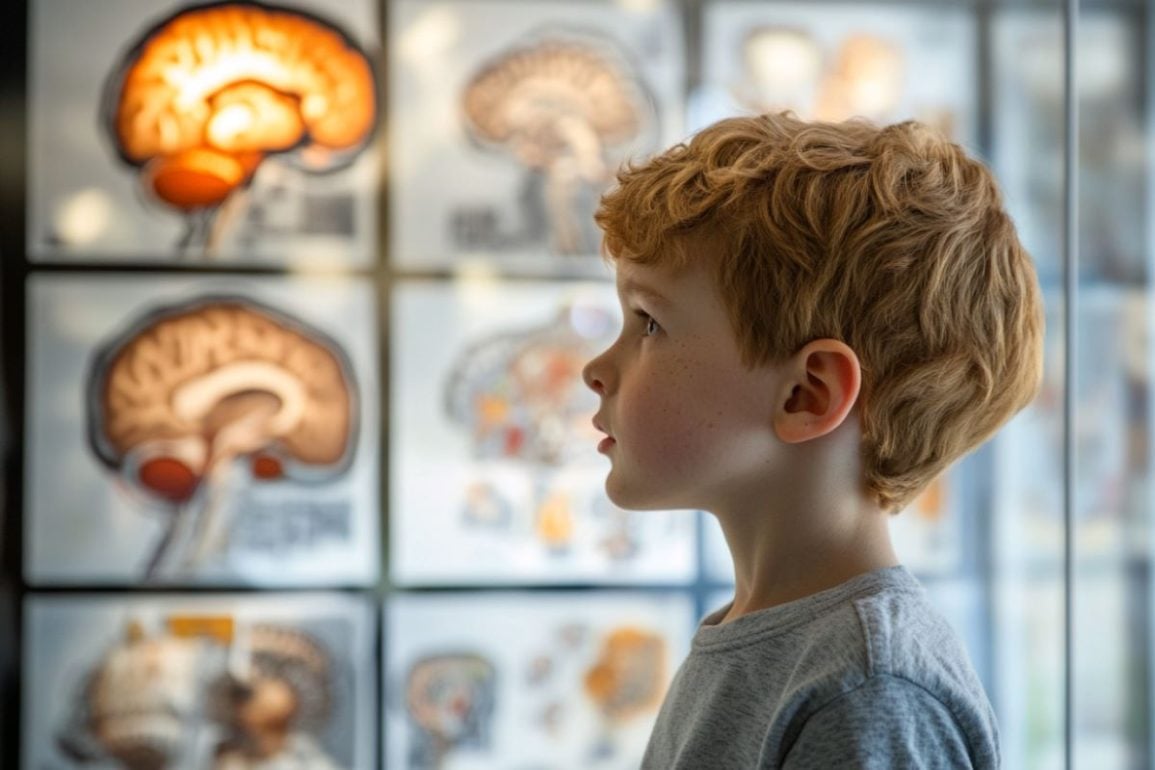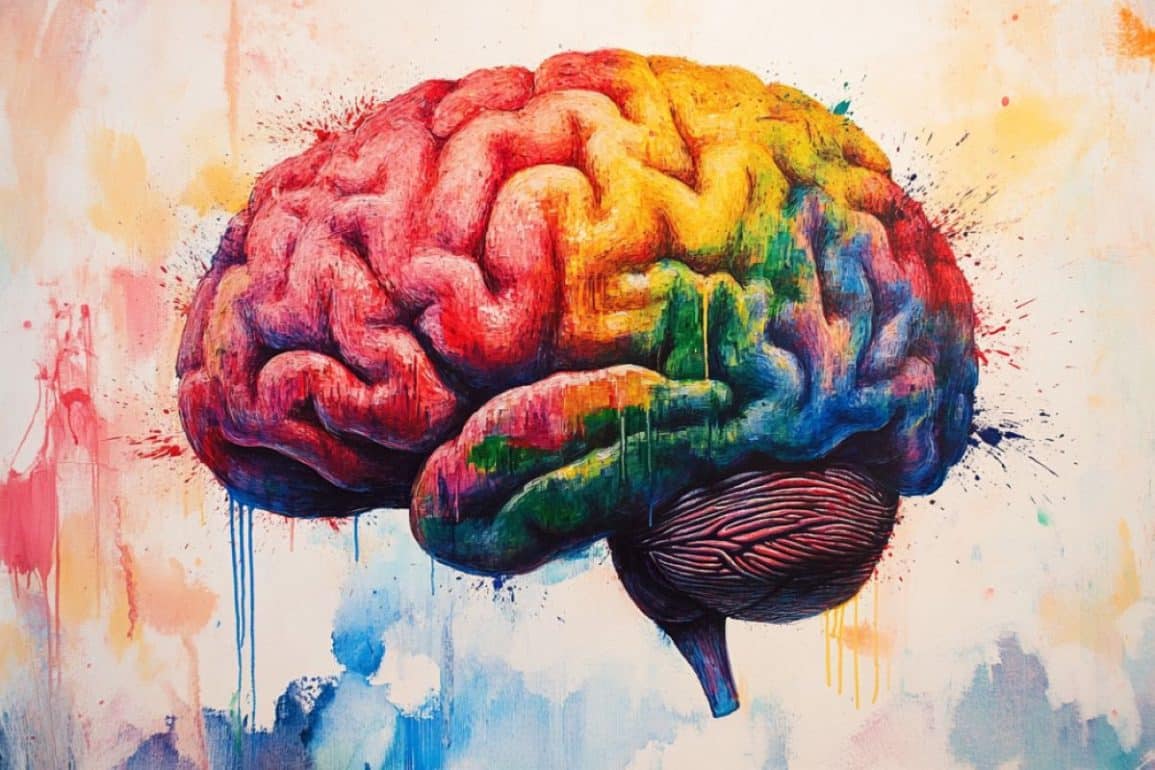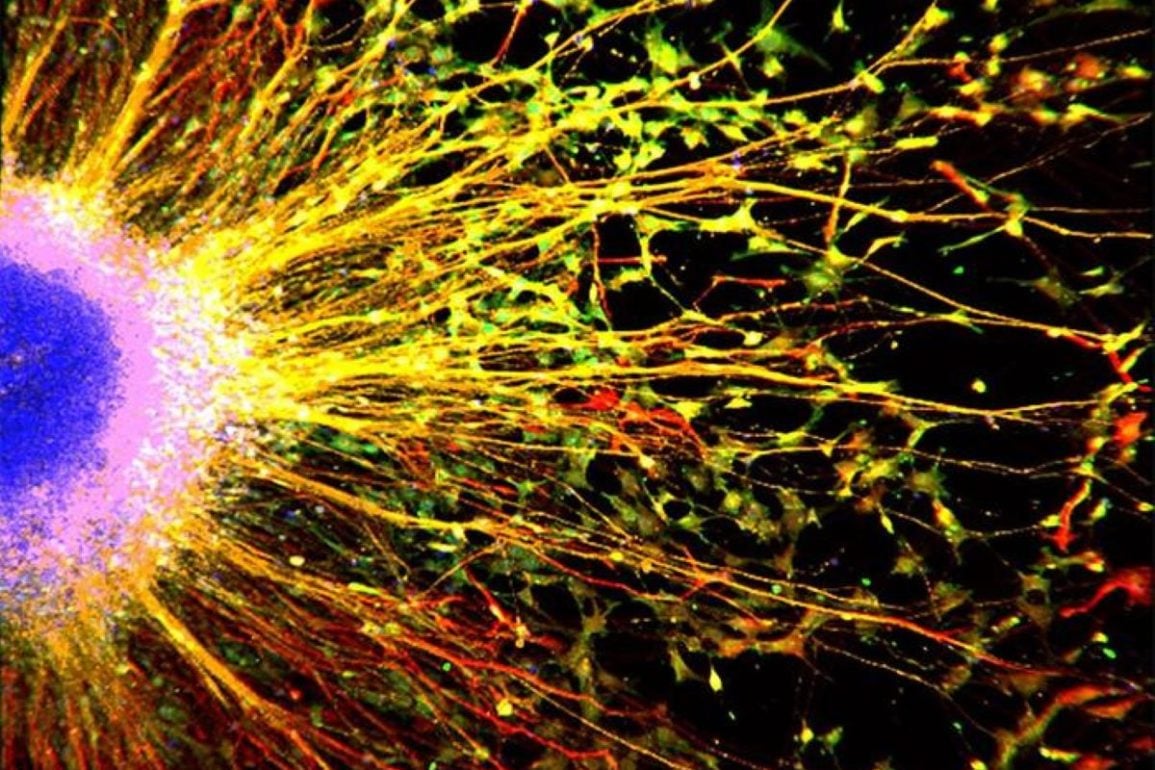Early Brain Changes May Trigger Autism
 Researchers have uncovered critical insights into how autism spectrum disorders (ASD) may develop at early stages of brain formation. Using mouse models, the team discovered that environmental factors causing autism-like symptoms are linked to early changes in neurotransmitter activity in the brain. Specifically, they observed that a temporary switch from the inhibitory neurotransmitter GABA to the excitatory neurotransmitter glutamate in neonatal mice could lead to the development of ASD-like behaviors, such as repetitive actions and reduced social interaction, later in life.
Researchers have uncovered critical insights into how autism spectrum disorders (ASD) may develop at early stages of brain formation. Using mouse models, the team discovered that environmental factors causing autism-like symptoms are linked to early changes in neurotransmitter activity in the brain. Specifically, they observed that a temporary switch from the inhibitory neurotransmitter GABA to the excitatory neurotransmitter glutamate in neonatal mice could lead to the development of ASD-like behaviors, such as repetitive actions and reduced social interaction, later in life. 






